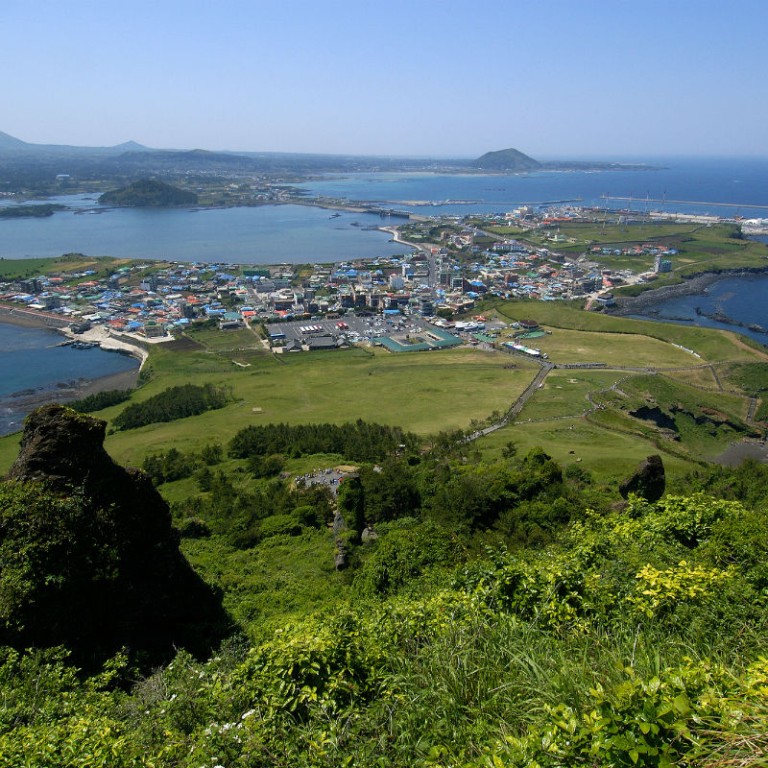
Surge in Chinese investors in South Korea’s Jeju Island since 2009 may be to secure residency
Land owned by Chinese property investors reached 5.92 million sq m in June – an increase of 296 times since 2009 - as they view island as convenient base for commuting to mainland.
There has been a massive surge in Chinese investors in South Korea’s Jeju Island since 2009 – particularly in the past six months – which may have come so they can secure permanent resident visas by buying properties, South Korean media reports.
The total area of land owned by mainland property investors has risen from only 20,000 square metres in 2009 to 5.92 million sq m by June this year – an increase of 296 times.
There has been a surge in the value of the properties owned by Chinese investors, too – up a massive 1,450 times over the period – from 400 million won (about HK$3 million) to 580.7 billion won (HK$4.4 billion), the Chosun Ilbo daily newspaper reported.
This huge increase in mainland property investment on the volcanic island of about 1,849 sq km, which has a population of about 590,000 people, has come following the launch of a new immigration scheme in 2010.
The change means that residency is granted to foreign investors and their families who live on Jeju Island for five years after buying property worth US$500,000.
These investors and their families can enjoy the same medical, education and employment benefits as South Korean citizens.
The Chosun Ilbo report said nearly half of all the properties bought by mainland investors had come in the first half of this year, indicating Chinese property investment on Jeju Island had been rapidly speeding up.
In 2009, mainlanders held less than one per cent of the land owned by foreign property owners on Jeju Island; at that time, Americans accounted for 49 per cent of the land owned by foreign property investors.
However, now Chinese property owners owned about 43 per cent of the total land area held by foreigners – twice the area of land owned by American property investors, reported the Aju Business Daily newspaper.
If the pace of property investment continued at the same rate, mainlanders would own more than 7 million sq m of property on the island by the end of this year, the report said.
Jeju Island is geographically close to China, and mainlanders consider it as a convenient base for commuting to cities in northern China; it is only a one-hour flight from Shanghai, and a two-and-a-half hour flight from Beijing.
So far foreign investors have bought properties totalling an area of 13.73 million sq m on Jeju Island, which accounts for only 1 per cent of the total land area there.
The Jeju provincial government and the Ministry of Justice launched the investment programme to raise funds and internationalise the island, but many local residents remain sceptical of a trend that they have described as “China money”.
The Chosun Ilbo report quoted a South Korean legislator saying that land owned by Chinese property investors had grown so large within such a short period of time that it could lead to unknown problems.
The legislator had also called for review of the positive and negative impact of Chinese investors buying large numbers of properties on Jeju Island.

